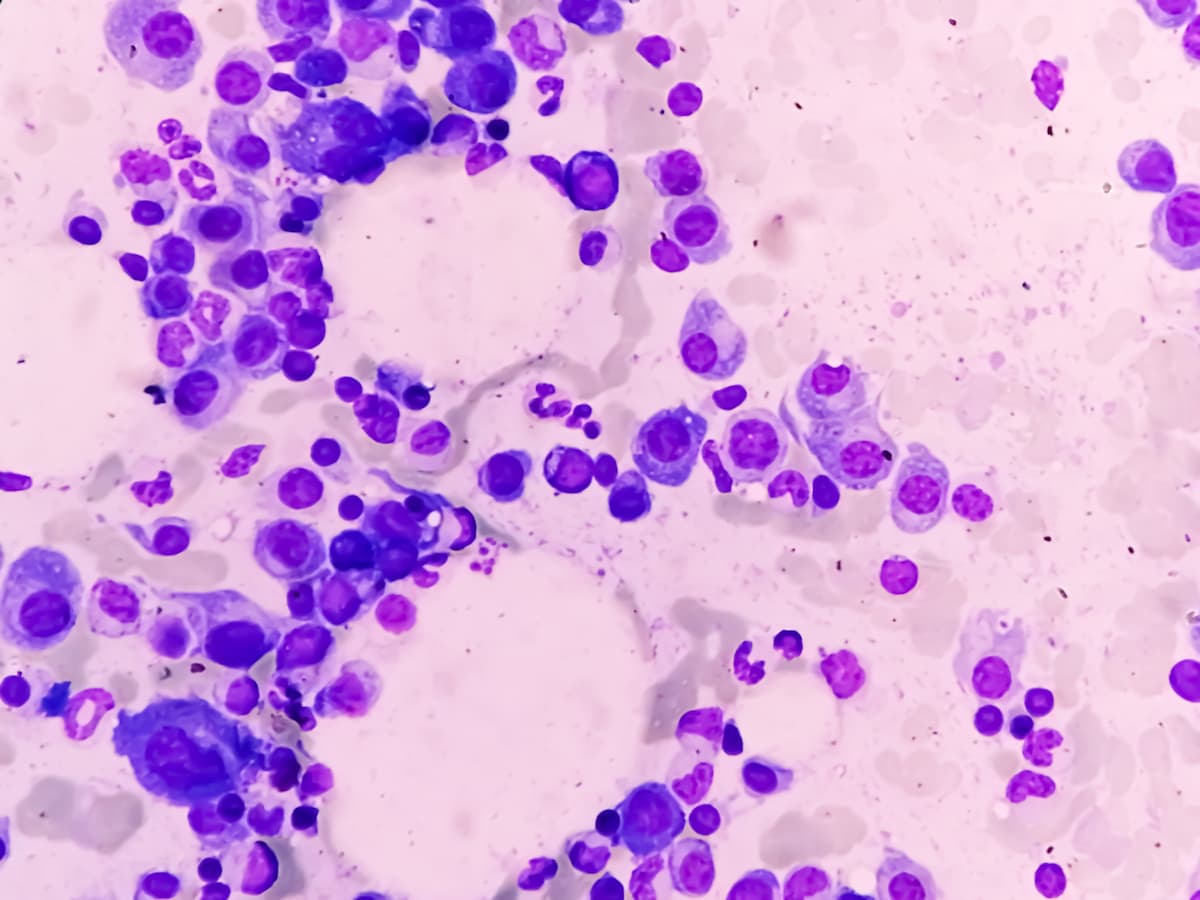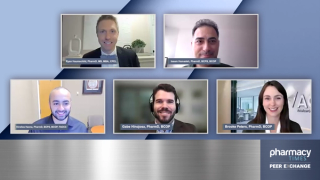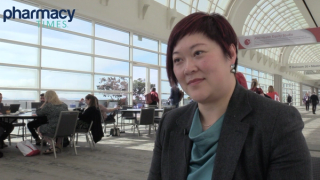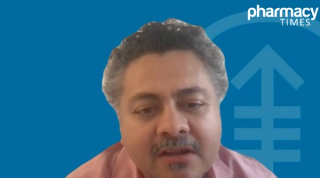
Multiple Myeloma
Latest News

Latest Videos

CME Content
More News

The agent continues to show promising clinical benefit despite being pulled from the market in 2023.
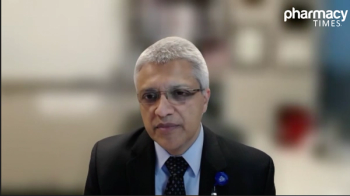
Shaji Kumar, MD, shares data and insights from the phase 2 RedirecTT-1 study.

Data from a phase 1b study showed significantly reduced toxicity compared with conventional oral dosing.
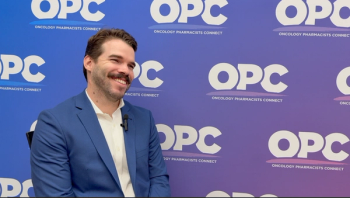
Gabe Hinojosa, PharmD, BCOP, shares key data for pharmacists from the 2025 American Society of Clinical Oncology Annual Meeting.

Talquetamab and teclistamab showed significant promise in a phase 1b/2 dose escalation and expansion trial.
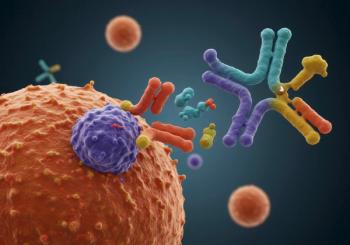
Bispecific therapies require clearer terminology to improve safety and communication.

Cilta-cel shows promise as a CAR T-cell therapy, offering long-term remission for patients with relapsed/refractory multiple myeloma without maintenance treatment.
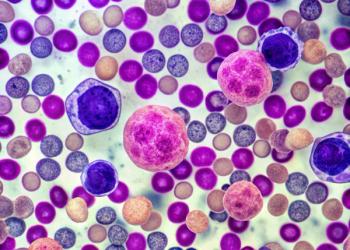
Saad Usmani, MD, MBA, FACP, FASCO, explores treatment duration, patient characteristics, and toxicity profiles in transplant-ineligible patients with newly diagnosed multiple myeloma.

The 2025 ASCO Annual Meeting discusses the latest advancements in understanding and treating precursor diseases.

MRD testing transforms multiple myeloma treatment, guiding personalized strategies and improving patient outcomes through innovative testing methods.

Elranatamab shows promising efficacy and manageable safety in transplant-ineligible newly diagnosed multiple myeloma patients, highlighting its potential as a treatment option.

Daratumumab combined with VRd significantly improved outcomes in transplant-ineligible/transplant deferred patients with newly diagnosed multiple myeloma.

Physical activity significantly enhanced quality of life and reduced fatigue and depression in patients with newly diagnosed multiple myeloma.

The data are from the phase 2 iMMagine-1 study.

The agent demonstrated promising tolerability and manageable safety.

The salvage therapy led to an 80% overall response rate in patients with relapsed/refractory multiple myeloma.
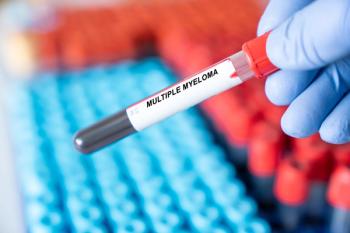
Explore the latest advancements in treating transplant-ineligible multiple myeloma, highlighting new therapies and clinical trial outcomes for improved patient care.
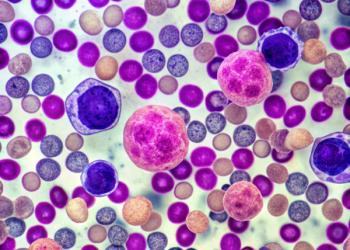
A phase 1b study demonstrated that continuous subcutaneous infusion of low-dose lenalidomide in patients with relapsed or refractory (R/R) multiple myeloma achieved promising efficacy with significantly reduced hematologic toxicity compared to conventional oral dosing.
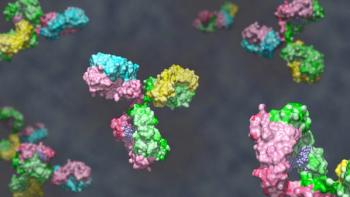
The multiple myeloma landscape is evolving, with bispecific T-cell engagers offering hope.

CAV-1 is a key protein in lipid rafts that helps control cellular processes such as growth, survival, and migration.

Real-time profiling of T-cell activation states in non-CAR T-cells may help guide treatment decisions.

Adding daratumumab improved minimal residual disease (MRD) negativity rates, leading to superior progression-free survival (PFS).

Patients with central nervous system (CNS) involvement achieved favorable outcomes with chimeric antigen receptor (CAR) T-cell therapy.

A phase 2 study showed that elotuzumab combined with pomalidomide, bortezomib, and dexamethasone was safe and efficacious.

Approximately 10% of patients with multiple myeloma have pathogenic germline variants, indicating a hereditary risk.


